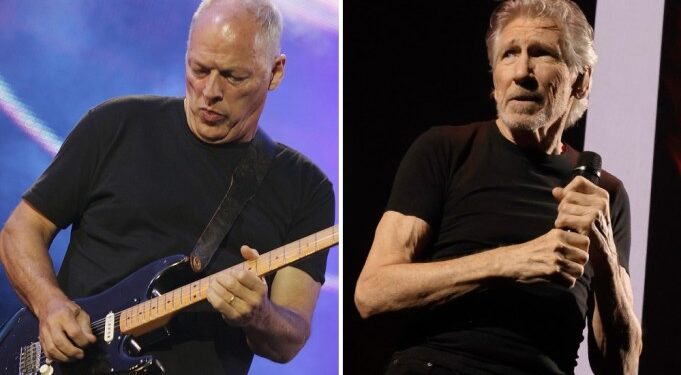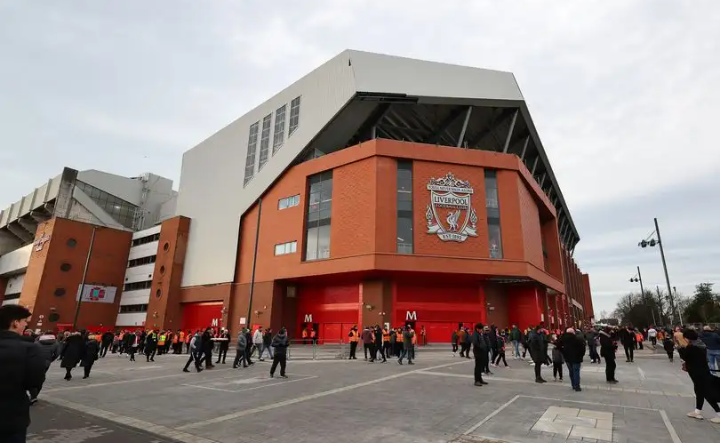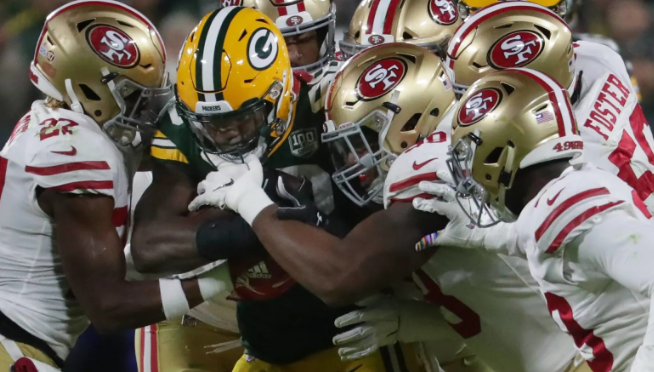The tension between Pink Floyd’s David Gilmour and former bandmate Roger Waters has long been public, but recent statements from Gilmour make it clear that any possibility of a reunion is off the table. In a strong and direct statement, Gilmour declared that he would “absolutely not” perform with Waters again, citing his refusal to associate with anyone who supports “genocidal and autocratic dictators.”
This follows a series of controversies surrounding Waters, particularly his political stances and provocative statements that have sparked criticism worldwide.Gilmour’s remarks come in response to growing public scrutiny of Waters’ increasingly divisive rhetoric, including comments on geopolitical conflicts and historical events that many have deemed inflammatory.
While Pink Floyd’s music remains legendary, the deep divide between its two central figures has overshadowed any hopes of a reconciliation or collaborative performance. Gilmour, known for his more reserved and introspective public persona, has made it clear that Waters’ views are a significant moral and ideological barrier to any future collaboration.
This firm stance from Gilmour not only underscores the personal differences between the two but also reflects broader discussions within the music industry about the role of artists in addressing political and ethical issues. While Pink Floyd fans may have once hoped for a reunion, Gilmour’s definitive rejection of working with Waters again signals that their partnership is a thing of the past, with irreconcilable differences both musically and morally.









